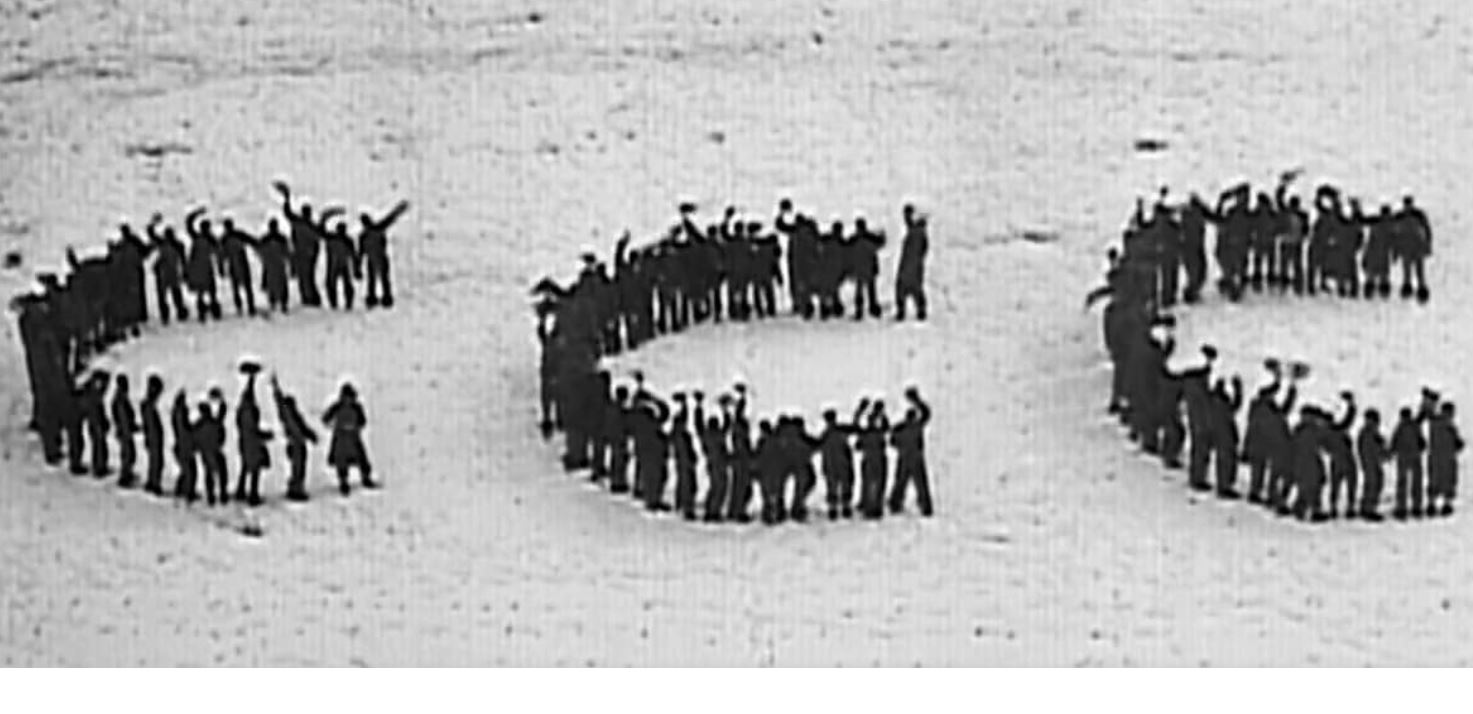America’s west has been burning in unprecedented ways. California, Colorado, Oregon and Washington have had the worst wildfires in anyone’s memory. In the Golden State, five of six largest wildfires in California’s history burned last summer. Dozens of fires have destroyed four million acres and more than 9,000 structures.
Something must be done.
Dusting off a relic dating back to President Franklin Roosevelt’s New Deal has been proposed as a solution: a new Civilian Conservation Corps (CCC). However, doing so is unnecessary and unworkable. A new and permanent, redundant bureaucracy will not prevent wildfires or solve other environmental problems.
Moreover, attempting to change climate change is not an option, even if you assume it’s the cause of wildfires (it isn’t). Average global temperature warming one-half degree in the last 40 years does not cause historic wildfires in the American west, Australia, or anywhere else.
Wildfires in the western United States are the result of dead trees piling up in forests, which creates a tinderbox. One bolt of lightening or reckless camper is all it takes to become a conflagration. Fire prevention needs to occur now, not 30 to 50 years from now when the climate supposedly cools off after destroying our fossil fuel economy to eliminate net new carbon emissions.
The CCC served a valuable purpose for its time. If you have ever traversed through a national or state park, you are likely enjoying the legacy of the CCC. Created in 1933, just one month after FDR took office, the agency was a work relief program that gave employment to men between the age of 17 and 28 to work on environmental conservation projects. By July of that year, more than 1,400 “working camps” had been established with more than 300,000 men. They fought forest fires, planted trees, implemented soil erosion controls, cleared access roads and much else.
The CCC lasted for nine years until 1942, just after America entered World War II, when this age group was drafted to fight. By its conclusion, the CCC employed nearly three million men who planted more than three billion trees and constructed trails and shelters in more than 800 parks across the country.
At least two bills have been introduced in the U.S. Congress for a modern day CCC. Congresswoman Marcy Kaptur of Ohio proposed the 21st Century Civilian Conservation Corps Act and Sen. Dick Durbin of Illinois introduced the RENEW Conservation Corps Act that would authorize nearly $56 billion over five years for the program.
A present-day revival the Civilian Conservation Corps would makes little sense, even under certain, focused conditions.
There are plenty of existing federal and state agencies established to address environmental and conservation problems, but they’ve also in many instances contribute to these problems. To mitigate wildfires, government and private industry must be allowed to clear more forests and remove deadwood. That would start with politically difficult changes to federal and state environmental restrictions so jealously guarded by the powerful Green lobby groups. For example, the regulatory red tape from the National Environmental Policy Act and restrictions from the Clean Air Act and Endangered Species Act would need to be curtailed to allow for more controlled burns. A new CCC would face the same impediments.
Logging and timber companies should be permitted to harvest more trees, which today comprise only one-tenth the amount that occurred on federal lands in 1988. This would save taxpayer/deficit dollars, clear more vulnerable forests, and thereby reduce wildfires.
Though the pandemic still affects America, the nation does not have 20-plus percent unemployment of the Great Depression; rather, it has fallen below 8 percent, and declining. In addition, two thirds of high school graduates attend college today, which is a much larger percentage than in the 1930’s. A revival of a New Deal model of the CCC is impractical since the labor force may not exist. Before the pandemic hit early in 2020, there were more jobs going unfilled than unemployed Americans.
America’s economy is growing again and decades of environmental laws have improved water and air quality and conservation. A modern version of the Civilian Conservation Corps to address the economic and environmental needs of today would be costly and superfluous to the existing federal and state government agencies, most of which did not exist 90 years ago. Instead, laws must be modernized to enable these agencies, working with and overseeing private contractors, to prevent wildfires and manage other environmental needs.
